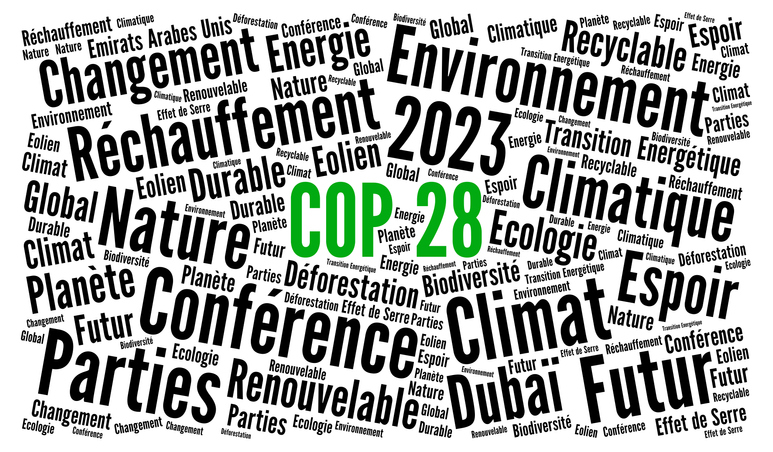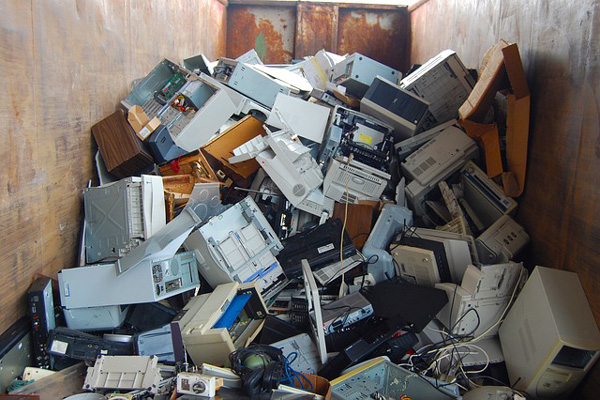
The latest draft of the Global Stocktake, an important document at the UN climate meeting in Dubai, suggests a substantial push for a transition away from fossil fuels.

Baguio City's government is taking urgent initiatives to promote responsible management in order to tackle the rising issue of electronic trash (e-waste).

In 2012, the globe produced a remarkable 50 million tonnes of E-Waste, with substantial contributions from the United Kingdom (1.3 million tonnes), China (11.1 million tonnes), and the United States (10 million tonnes). Now, the question remains to be answered, has e-waste management been taken control of.

Total Green Recycling, the region's largest e-waste recycler, is expanding its capabilities in advance of a statewide restriction on depositing electronic debris (e-waste) in landfills beginning in 2024.

In Ghaziabad, E[co]work has developed a revolutionary concept: a 21,000-square-foot co-working facility intended specifically for e-waste dismantlers and recyclers. The major goal is to provide order and formality to India's e-waste management business. This unique workspace, located on Meerut Road, serves as a nexus for microentrepreneurs engaging in e-waste activities.

A groundbreaking Construction Annual Waste Report has exposed widespread non-compliance issues within the UK building sector. Drawing from a comprehensive analysis of 90,000 data points, the report sheds light on the alarming prevalence of regulatory violations and deficient information management.

Ecowork is the first of its kind in India, and it aims to provide a sustainable solution to the problem of e-waste. It is a coworking space in Ghaziabad that offers a safe working environment for e-waste recycling.

A group of environmental organizations in Kolkata, India, has launched a battery-operated cart to collect e-waste from doorsteps. The initiative, called "Circular on Wheel," is part of a larger effort to promote circular economy practices in the city.

The Government of India, as well as several state governments, has taken a number of efforts to promote the country's EV ecosystem, including the implementation of financial incentives, schemes, subsidies, infrastructure development, and regulatory measures. It is very astounding to notice that the EV industry in India is expected to grow at a 90% CAGR until at least 2030.

According to the Ministry of Environment, Forests, and Climate Change data, India recycled just 32.9 percent of the e-waste created in 2021-2022. While the amount is higher than in past years, it still shows that an astounding 10,74,024 tonnes (67%) of e-waste went unprocessed.